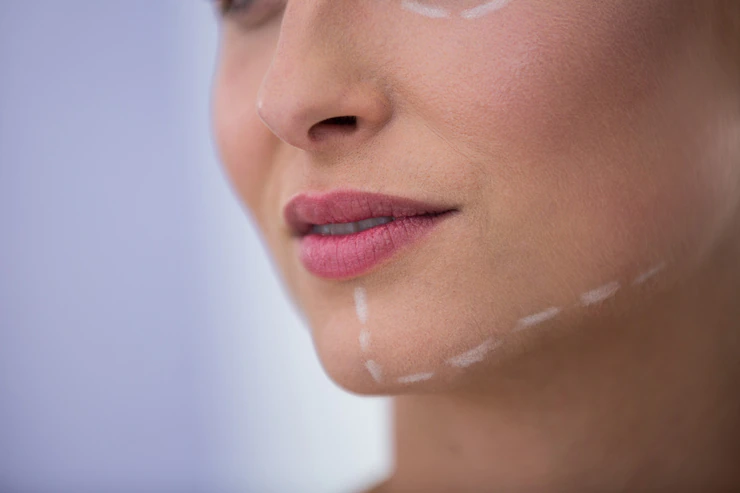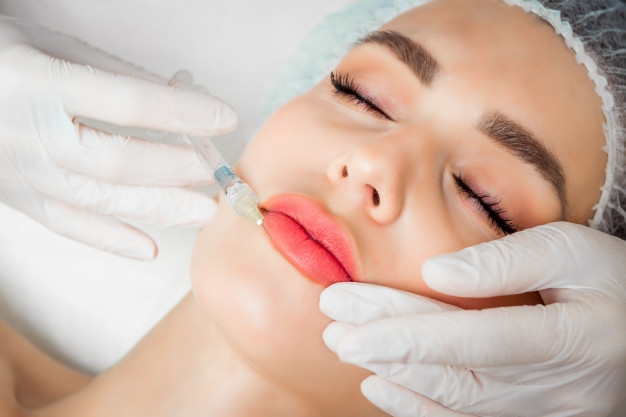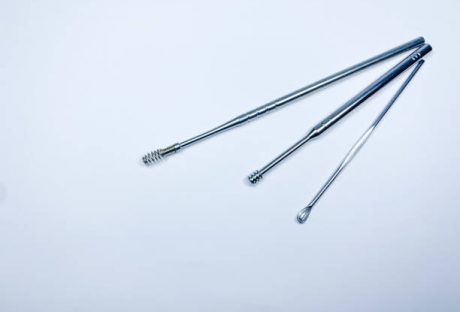TMJ stands for temporomandibular joint. It’s the joint connecting your jaw to your skull. It’s essential for chewing and talking, making it one of the most complicated joints in the body. TMJ disorders can happen when this joint gets misaligned or inflamed, causing pain or difficulty moving.
According to Hamilton Orthodontics, if you’ve got a TMJ disorder, it can make eating, chewing, and talking difficult—not to mention just plain painful.
Luckily, treatments are available to help relieve some of the symptoms of TMJ disorders and make everyday life a little easier.
What Kind of Pain Do You Feel?

TMJ is an unpleasant condition that affects the jaw joint. The temporomandibular joint is a hinge-like structure that connects the lower jaw to your skull. It helps in opening and closing your mouth and chewing food.
TMJ can cause several symptoms, including pain in your face or ears, difficulty chewing, headaches, and facial tenderness. There are three types of symptoms associated with TMJ:
1. Pain in the jaw joint, face, and muscles
2. Difficulty chewing and opening your mouth
3. Headaches and earaches
How Can You Get The Remedy Of TMJ Disorder

1. Find Relief in Stretching and Yoga
If you are experiencing TMJ pain, stretching and yoga are excellent ways to find relief. Stretching helps with tension, stress, and sleep quality. Yoga helps with relaxation and overall health. You might also find relief from massage therapy or a physical therapist specializing in TMJ disorders.
2. Feel Better With Improved Sleeping Habits
If you’re suffering from TMJ, you may find that sleeping on your side is the most comfortable position. Try sleeping with your knees slightly bent and a pillow between them. This position can help keep your neck and spine aligned while minimizing jaw pain.
If you love to sleep on your back but have been diagnosed with TMJ, placing a pillow under the knees can help keep the head and neck aligned while also taking pressure off the lower back. This will also allow for better breathing during sleep.
3. Stay Away From Your Triggers
One of the most effective ways to deal with TMJ is to avoid your triggers. For example, if you often clench your jaw when stressed or anxious, try taking deep breaths and relaxing your muscles instead.
4. Try To Relax
Finding non-medication pain relief methods may be the best way to manage your symptoms. Consider meditation or other forms of relaxation therapy. This can help reduce stress levels and ease tension in the jaw that leads to clenching.
Massaging the temples and around the ears will help reduce inflammation in those areas and improve circulation in the head region. You can perform the massage by applying firm pressure onto these areas for five minutes daily until symptoms subside. If unsure how to massage yourself, don’t do it, as this could cause more harm than good.
5. Always Seek Professional Help
If you suffer from this ailment, it’s vital to seek professional help and a doctor who can help you find the proper treatment for your needs. If there’s someone who can help you manage this condition, it would be your dentist.
Additionals:






















